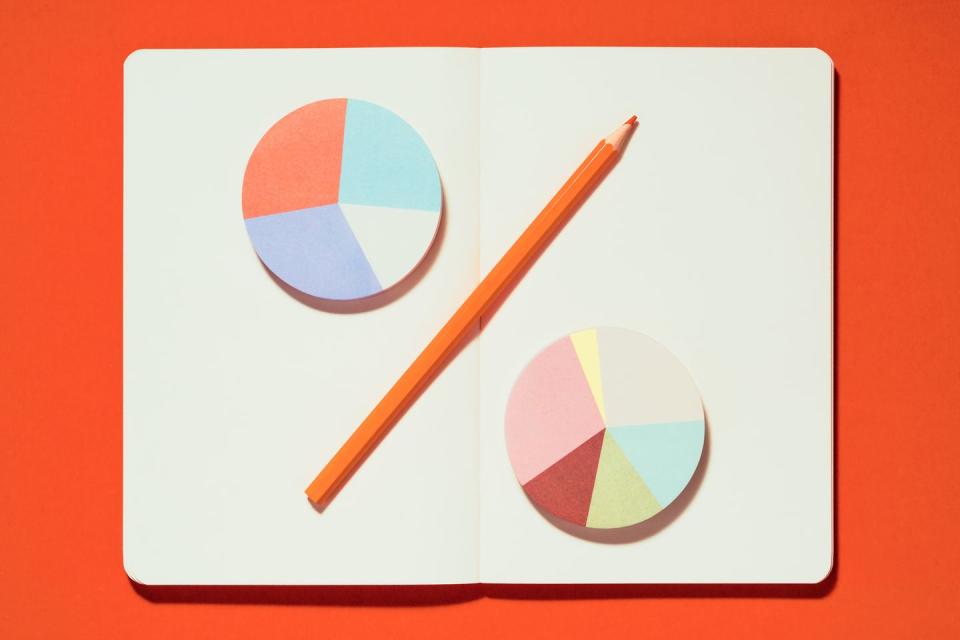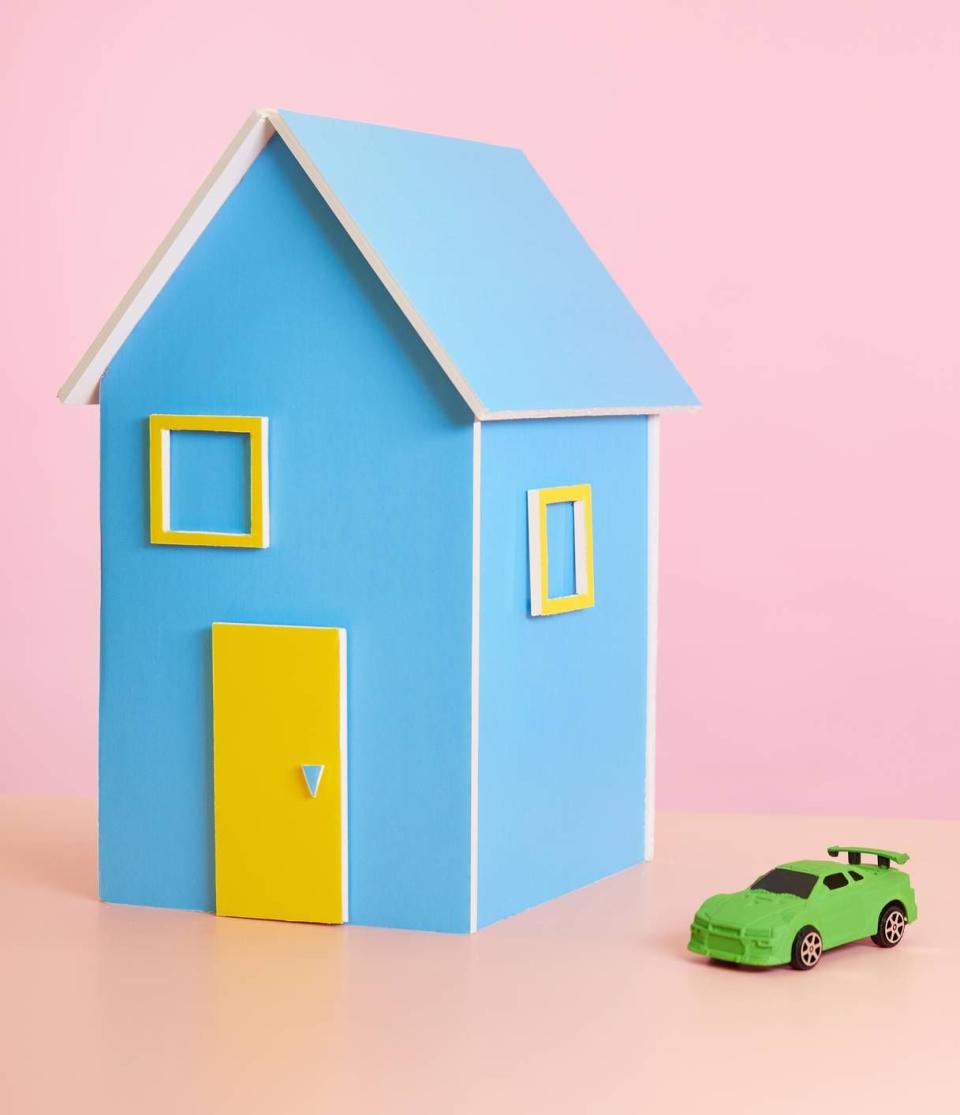What is shared ownership? Here’s everything you need to know

Looking to get on the property ladder? Struggling to move into your first home? We all need our own space. A place that feels like home. But when housing prices continue to increase in the UK, getting on the housing ladder can feel near impossible. Which is where shared ownership might come in. The government Help To Buy scheme was introduced in 1970, and has since helped thousands of people throughout the country to own their own home. Here's what you need to know about shared ownership.
What is shared ownership?
Shared ownership is a government scheme put in place to help people who cannot afford to buy their home on the open market. It gives first time buyers - as well as those who used to own a home but can’t afford to buy one now or are an existing shared owner looking to move - a chance to purchase a share of between 25% and 75% in a new build or resales property. The buyers will then pay rent to a housing association for the rest of the shares.
So, in simple terms, the shared ownership scheme lets you part buy, part rent. You will pay a mortgage on the share you own and pay below-market-value rent on the rest, to the person that owns the remaining share.

How does shared ownership work?
Firstly, you work out what percentage of the property you can afford to purchase - this can be anything between 25% and 75%. You will then have to pay a deposit, much like a normal house purchase, which is often at least 5% of the share that you are buying.
This means (keeping up?) that if the property is worth £600,000 overall and you buy a 25% share - equating to a worth of £150,000 - you would pay a deposit of £7,500.
The monthly repayments on a shared ownership home
Each month you make repayments on your mortgage (much like a normal property), and then pay the extra rent on top. Both the mortgage and rent will depend on the value of the property and the share you buy. In basic terms, your mortgage repayments depend on the mortgage you've negotiated with your bank, and the rent will depend on the value of the property overall.
Other than service and other moving charges such as solicitor fees, mortgage broker fees and insurance, that is all you will have to pay when it comes to your new home.

The great thing about having a shared ownership home is that you can also increase your share after a certain period of time. Also known as ‘Staircasing’, this allows you to own more of your home, pay less rent and have the opportunity buy the full share of the property at some point. (However, this is not a necessity). For example, if you start by owning 25% of your property and and renting 75%, later down the line, you may have the capital to put a deposit down on another 25%, and end up paying mortage on 50% / rent 50%.
Who can apply for shared ownership?
If you're reading this and thinking 'this sounds like something I could do!', you might want to know who's eligible to partake in Shared Ownership. In England, people eligible for a shared ownership home are those who either once owned a home but can no longer afford one, or first-time buyers.
Your maximum household income has to be less than £80,000 a year (or £90,000 in London) and you also have older than 18 years old.

The benefits of shared ownership
Other than actually being able to own some of your home at a much cheaper price than buying it outright, shared ownerships have plenty of benefits:
The deposit is much smaller than a usual house deposit.
Your monthly payments are often cheaper than what they would be if you had an outright mortgage (or if you were renting privately).
You can buy more shares if you want to/can afford to and can end up owning the whole property later down the line
You can sell your shares whenever you want
You can decorate a shared ownership home
You don’t have to increase your shares if you don’t want to/can’t
Why shouldn’t I go into shared ownership?
Unsurprisingly, being a first time buyer isn't always smooth sailing: here's what you need to know about why shared ownership might not be for you:
You won't benefit from the price of the property increasing if you own a small share
It can, at times, be difficult to find a mortgage lender who offers shared ownership mortgages (however more and more lenders are beginning to offer them)
Selling a shared ownership property can take longer and can be more complicated than normal as, if you don’t own the whole property, you might need to offer it back to the housing association before you yourself can put it on the market
Some shared properties can have a cap or restriction on Staircasing, meaning you can never own more than a certain amount of it.
There can be restrictions on some home improvements e.g. extensions or building work so you don’t have complete free reign of the property.
How can I get out of a shared ownership?
It's pretty easier to get out of a shared ownership (it can sometimes just take a bit of time and cost a small amount) if it doesn't feel like the right thing for you anymore. If you want to sell your property, you have to contact the housing provider first and get the property valued, which you have to pay for. The property will then be put on the market and once someone has decided to buy it, both your solicitors will liaise and decide on an exchange and completion date.
Like this article? Sign up to our newsletter to get more articles like this delivered straight to your inbox.
You Might Also Like

 Yahoo Finance
Yahoo Finance 